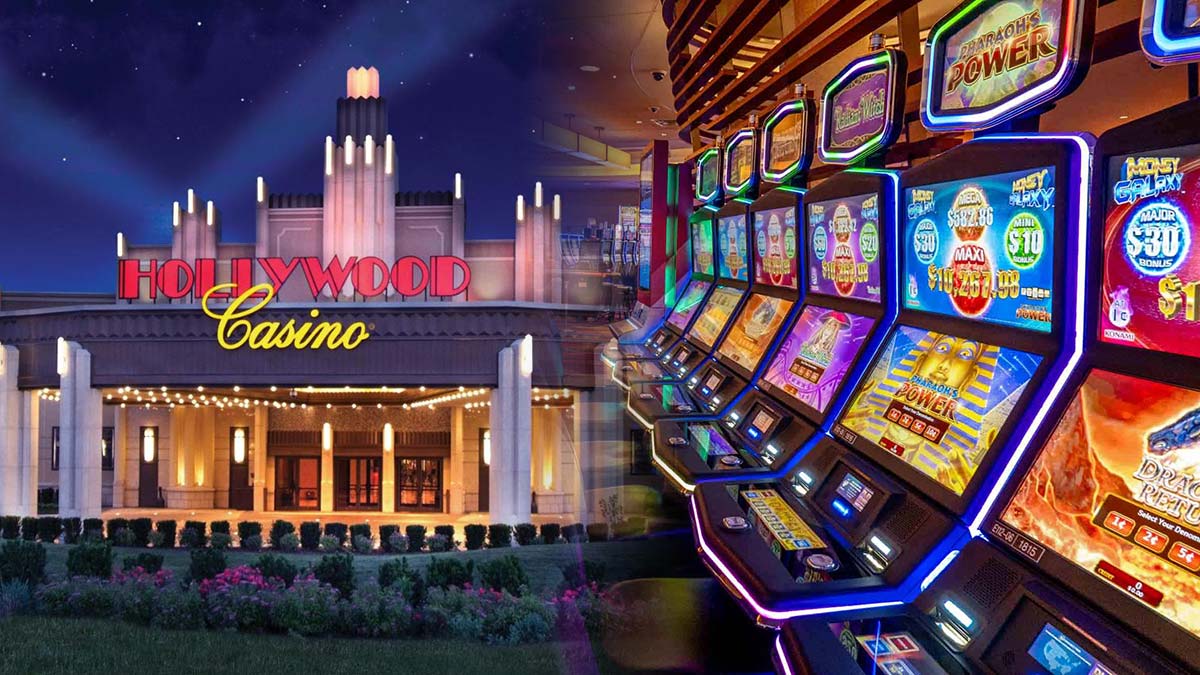Casino games have captivated players throughout history, progressing from easy diversions to complex experiences that blend chance, tactics, and fun. From the early beginnings of gambling in cultures like Mesopotamia and Rome to the extravagant corridors of contemporary casinos, the history of these games shows much about human nature and our connection with luck. As cultures blended and technology has advanced, casino games have evolved, reflecting shifts in society and innovations in gameplay.
The initial iterations of gambling likely featured elementary dice games and betting on the outcomes of sports competitions. As time passed, these early games grew into more complex games like table games, the game of roulette, and the myriad slot machines that fill casino floors today. Every generation brought its own set of rules, design elements, and social relevance. Today, casino games maintain their evolution with the rise of online platforms, enabling players from various parts of the world to join in a shared experience, further blending the traditional with the modern era.
Early Beginnings of Gambling Activities
Gambling games have origins that reach back to ancient civilizations, where betting was deeply integrated in cultural practices and social customs. The earliest known forms of gambling appeared in ancient Mesopotamia around three thousand BC, including primitive die games made from bone bones. These early games laid the basis for more complex betting activities, showing humans’ natural urge to find wealth and amusement through luck.
As civilizations evolved, so did their gambling pursuits. In ancient Chinese culture, around two thousand three hundred BC, objects were found that looked like primitive rudimentary versions of a lottery activity. More structured instances of gambling developed in the ancient Roman Empire, where games of luck were a frequent pastime, often taking place in community gatherings. The Romans developed different wagering games, which entailed die and table games, illustrating the pervasive nature of betting across various economic strata.
With the passage of ages, these primitive games shaped the progress of modern casino games. In the Middle Ages, card activities emerged prevalent in Europe, paving the way for the professional gambling venues we know today. The transition from informal gambling to organized gaming in pubs and private houses marked a major change in how people engaged with games of luck, leading to the subsequent creation of gaming houses as dedicated venues for gambling.
The Growth of Current Casino Gaming
The final 1960s and 1970s marked a crucial change in the field of casino games, driven by technological advancements and changes in cultural attitudes towards betting. The emergence of computers and the internet transformed the way players engaged with their beloved gaming experiences. Virtual casinos emerged, allowing players to enjoy timeless table games like poker and 21 from the safety of their homes. This new digital landscape not only expanded access to gambling options but also drew in a fresh crowd who found the ease and variety attractive.
As digital gaming gained momentum, so did advancements in gaming technology. The creation of advanced programs and visual elements converted conventional casino games into captivating experiences. Gamblers could now connect with authentic dealers through real-time broadcasts, importing the atmosphere of brick-and-mortar casinos directly into their homes. This blending of live gaming with online platforms created a novel combination that enhanced the social aspect of gambling, allowing it possible for people to connect and challenge with fellow gamers around the planet.
Additionally, the emergence of gaming on mobile devices substantially changed the gambling environment. With the ubiquitous use of mobile phones and tablets, gamblers can play their beloved casino games at any location, at any time. Mobile applications offer a extensive range of games customized for mobile screens, catering to the busy daily life of contemporary gamers. This easy access has resulted in rising engagement in casino games, contributing to the surge of the gambling sector. As a result, the outlook of gambling continues to evolve, adapting to technological advancements and shifting consumer preferences.
The Impact of Technology on Casino Games
The evolution of technology has greatly changed casino games, improving the overall experience for players for players around the world. With the introduction of the internet, online casinos were created, allowing players to enjoy their favorite games from the comfort of their homes. This shift not only made casino games more available but also increased the variety of games offered, as online platforms could offer many different versions of traditional games without the limitations of brick-and-mortar establishments.
The rise of mobile technology further transformed the casino gaming landscape. With the proliferation, players can to engage in casino games whenever and wherever they want. This mobility has resulted in the development of dedicated mobile applications and optimized websites that offer smooth gaming experiences. Additionally, innovations such as live dealer games have brought the authentic atmosphere of a casino into players’ homes, connecting between physical and online gaming.
Moreover, advancements in AI and virtual reality are paving the way for the next generation of casino games. AI improves game design and player interaction, creating tailored experiences based on user behavior and preferences. Meanwhile, virtual reality offers immersive environments where players can engage in a simulated casino setting, making the gaming experience more exciting and realistic. As technology continues to evolve, the future of casino games looks promising, filled with endless possibilities for innovation and entertainment.
https://ga179.xyz/

